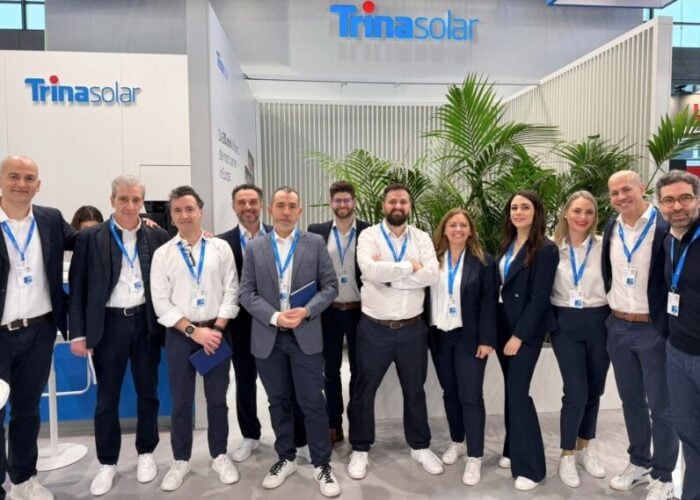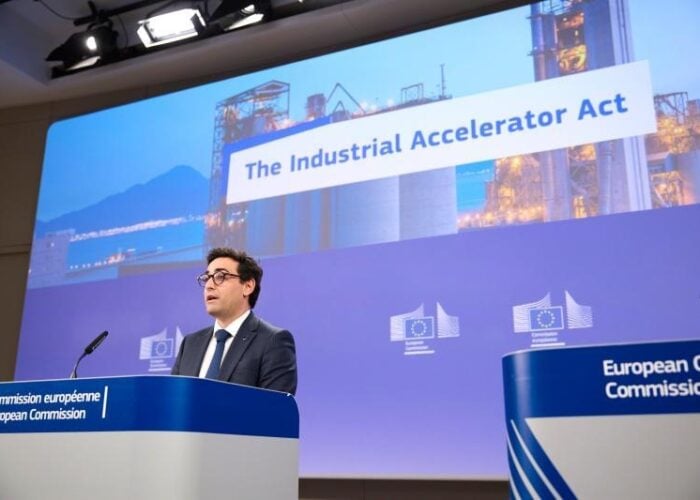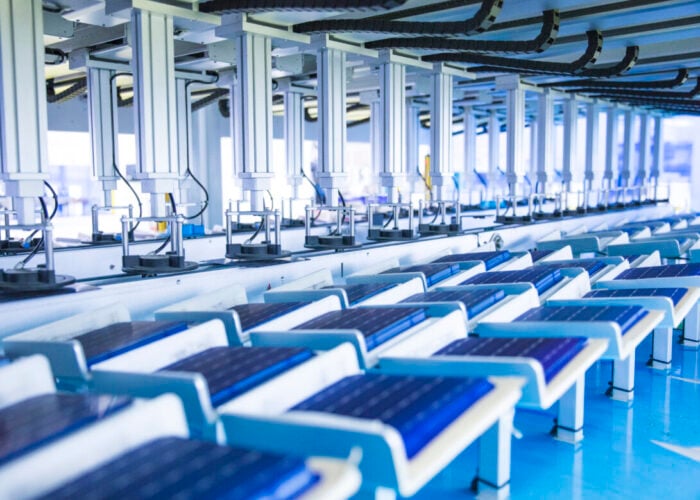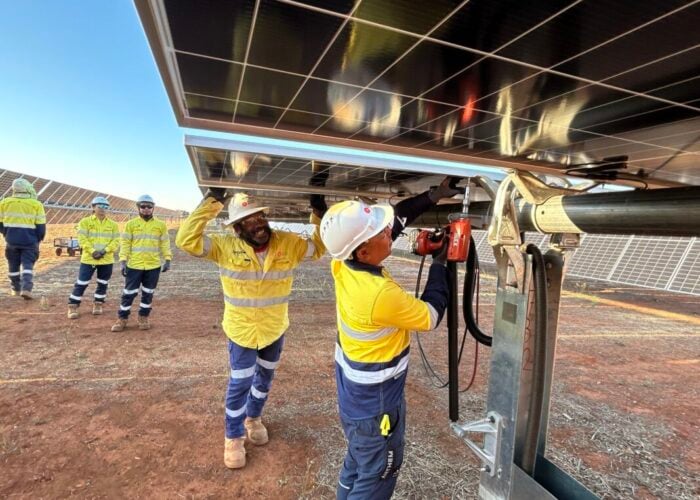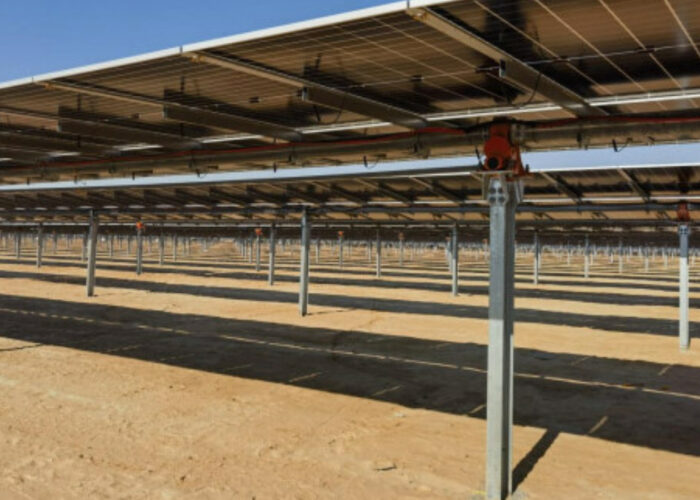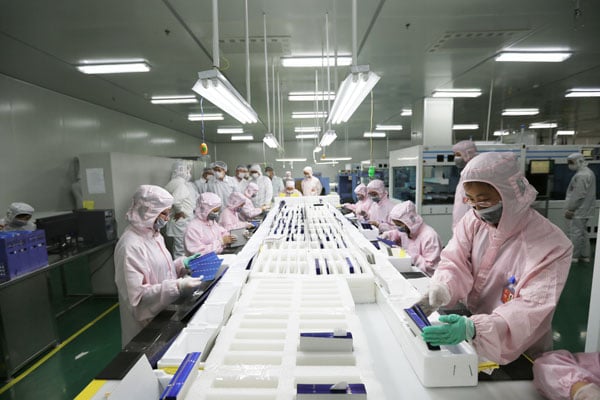
The Chinese government has issued a notice to its PV industry that calls for the optimisation of the sector and further buildout of its infrastructure while warning against hoarding products and the establishment of solar monopolies.
The country’s Ministry of Industry today (24 August) released the policy document that called for an “optimisation of the industrial layout” of China’s PV sector by planning and managing the development of the PV industry while promoting China’s internal solar market.
Try Premium for just $1
- Full premium access for the first month at only $1
- Converts to an annual rate after 30 days unless cancelled
- Cancel anytime during the trial period
Premium Benefits
- Expert industry analysis and interviews
- Digital access to PV Tech Power journal
- Exclusive event discounts
Or get the full Premium subscription right away
Or continue reading this article for free
It said there was an “urgent need to deepen industry management” following supply and demand imbalances, price fluctuations and supply chain hoarding.
As a result, the Ministry called on Chinese solar stakeholders to “apply a new generation of information technology, build a big supply chain data platform for silicon materials, silicon wafers, batteries, components […] and key supporting materials and equipment”.
While doing this, however, companies are encouraged to “reserve materials such as polysilicon and batteries” but “hoarding is strictly prohibited”. Panic buying and hoarding last year was a key factor in driving up the price of polysilicon and modules as companies scrambled to lock in supply to meet customer demand.
Now, the Chinese government is calling on its solar industry to form long-term “strategic alliances” and cooperate on the production and supply of key silicon materials and products as it conducts “joint research to promote industrial quality improvement, cost reductions and efficiency enhancement.”
Moreover, it said the industry should “adhere to the overall planning of epidemic prevention and control”. China, unlike most of the rest of the world, is pursuing a zero-COVID strategy that has already seen industrial centres shutdown following small outbreaks and the key export hub of Shanghai closed for several weeks in April.
And the call for greater integration and infrastructure development has been made even more pertinent this week as China’s PV industry has been hit by power rationing following extreme heat in some provinces. This has forced some major PV supply to cut their production output in key regions.

